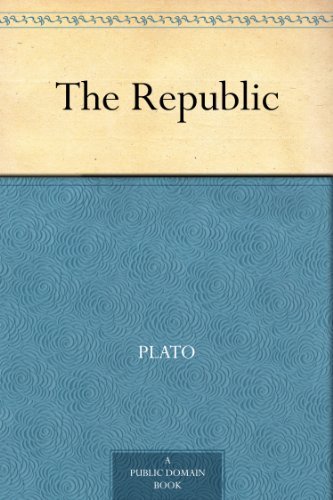Sublime
An inspiration engine for ideas

FRANCIS BACON (1561-1626), although his philosophy is in many ways unsatisfactory, has permanent importance as the founder of modern inductive method and the pioneer in the attempt at logical systematization of scientific procedure.
Bertrand Russell • History of Western Philosophy
He is both well liked and very intelligent. He is also very rich. I consider his annual “Chairman’s Letter” (in the Berkshire annual report) to be indispensable reading for anyone wanting to do well in business.
Rabbi Daniel Lapin • Thou Shall Prosper: Ten Commandments for Making Money
Alan Cardew • Lord Byron: The Perils and Glories of a Classical Education
Bacon’s own experiments are of slight scientific value, nor was he very familiar with some of the most important discoveries of his own day; but the fundamental principles laid down by him form the foundation of modern scientific method.
Francis Bacon • The Essays
One of the most famous parts of Bacon’s philosophy is his enumeration of what he calls “idols,” by which he means bad habits of mind that cause people to fall into error. Of these he enumerates five kinds. “Idols of the tribe” are those that are inherent in human nature; he mentions in particular the habit of expecting more order in natural
... See moreBertrand Russell • History of Western Philosophy
Charlie Munger • A Lesson On Elementary, Worldly Wisdom As It Relates To Investment Management & Business – Charles Munger, USC Business School, 1994

Bacon’s most important book, The Advancement of Learning, is in many ways remarkably modern. He is commonly regarded as the originator of the saying “Knowledge is power,” and though he may have had predecessors who said the same thing, he said it with new emphasis. The whole basis of his philosophy was practical: to give mankind mastery over the
... See more